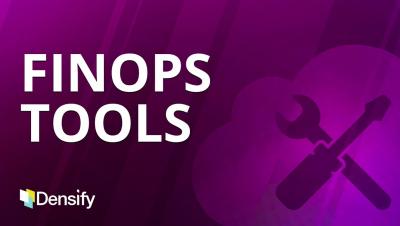FinOps Tools: Supercharge Your Investment with Optimization
Cost analysis and allocation tools like CloudHealth, CloudCheckr, and Cloudability play an important role in many organizations’ FinOps journeys by assisting with keeping Finance informed, enabling forecasting, and driving accountability. These tools may also help provide visibility and direction around long-term purchases like Savings Plans and RIs. But, slicing and dicing your cloud costs is only the tip of the FinOps iceberg: 85%+ of your cloud savings potential lies beyond refining how you buy cloud services. You also need to optimize what you’re actually purchasing.





